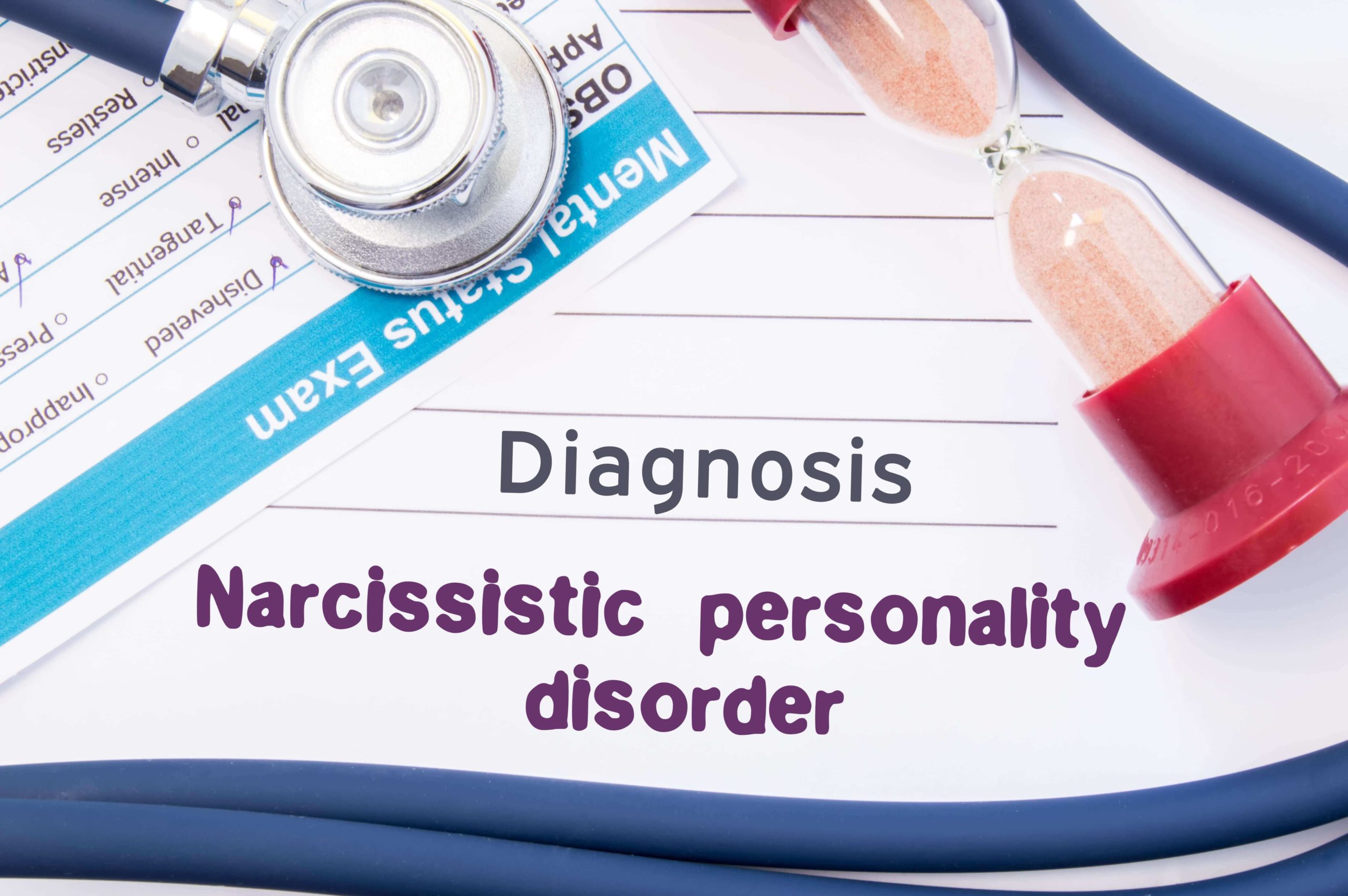Narcissistic personality disorder is characterized by overblown and exaggerated self-esteem that masks deep insecurity. Research shows that narcissistic personality disorder affects up to 5% of people and accounts for one in ten people who have any form of a personality disorder. Many people living with the disorder misuse drugs and alcohol. Even though experts continue to study the link between narcissism and addiction, many think that the unhappiness and emotional pain that narcissists experience coupled with their need for excessive attention and desire for perfection causes them to turn to substances like drugs and alcohol.
Symptoms of Narcissistic Personality Disorder
There are two main types of narcissistic personality disorders: vulnerable and grandiose narcissism. People with vulnerable narcissism tend to have lower self-esteem and often feel misunderstood. People with grandiose narcissism tend to have high self-esteem and overestimate their abilities.
Most individuals living with narcissistic personality disorder exhibit symptoms that vary in severity. Some of the most common signs associated with narcissism include:
- An exaggerated sense of self-importance
- A sense of entitlement
- A need for constant, excessive admiration
- Exaggerating achievements and talents
- A preoccupation with fantasies about success, power, brilliance, beauty, and more
- A belief they’re superior and can only associate with equally special people
- Monopolizing conversations and belittling anyone they view as inferior
- Expecting special treatment and unquestioning agreement with their expectations
- Taking advantage of others to meet their needs/wants
- An inability or unwillingness to recognize other’s needs and feelings
- Being envious of others and believing others envy them
- Behaving in an arrogant, pretentious, or haughty manner
- Insisting on having the best of everything
Additionally, individuals with this type of personality disorder struggle to accept criticism. When narcissistic individuals don’t receive the special attention they think they deserve, they may become angry. Individuals living with narcissistic personality disorder may look down on others to make themselves feel and look superior. When someone with a narcissistic personality disorder doesn’t achieve perfection, they can become depressed. Unexpected changes and stress can be especially challenging for people with narcissistic personality disorder. Often, the anger and depression associated with narcissism mask secret feelings of shame, vulnerability, and insecurity.
Causes of Narcissistic Personality Disorder
Definitive causes of narcissistic personality disorder are unknown. However, almost all mental health conditions stem from a mix of factors such as environment, genetics, and neurobiology.
Additional risk factors for developing this type of personality disorder include gender, with males more likely to develop the disorder. Signs often first appear during the teens or young adult years. Children may display some narcissistic traits and not develop the condition. Some studies have indicated that overprotective or neglectful parents may impact whether or not a vulnerable child develops narcissistic personality disorder.
Treatment of Narcissism
Diagnosing narcissistic personality disorder can be challenging due to the condition’s similarity to other disorders.
Talk therapy is one of the first methods used to treat narcissistic personality disorder, although mental health professionals may recommend medication. Psychotherapy can help individuals learn to understand what compels them to compete with and feel inferior to others, as well as help them understand other people’s emotions to improve relationships. Other potential areas of change addressed in therapy often include:
- Knowing how to maintain genuine personal relationships
- Learning to accept criticism
- Understanding and regulating feelings
- Addressing issues related to self-esteem
- Releasing the desire for unattainable goals and ideal conditions
- Gaining a realistic acceptance of what can be accomplished
No specific medication treats narcissism, but if individuals have other mental health challenges such as depression, anxiety, or substance use disorder, doctors may prescribe them something to address those issues.
Dealing With Addiction
While no definitive link exists between narcissistic personality disorder and addiction, the two can occur together and have similar cycles of behavior. Many people grappling with addiction experience cravings, develop a tolerance for the substance, and experience withdrawal when they stop drinking or taking drugs. Individuals with narcissistic personality disorder feel superior and seek new ways to feel better than others, leading to cravings for drugs or alcohol. If they receive criticism, narcissists may become distressed, which can seem similar to withdrawal symptoms.
The two disorders also share the following characteristics:
- Self-medication
- Avoiding emotions
- Embarrassment
- Denial
- Lessening
- Normalizing
- Criticizing
- Low self-esteem
- Dominating behavior
- Codependency
- Black and white thoughts
- Violence/fury
Those with a narcissistic personality disorder may develop an addiction to drugs, alcohol, sex, or even social media. All these addictions can serve to validate fluctuating self-esteem. A narcissist often feels nothing bad can happen to them, so many think nothing of taking drugs or drinking too much. Instead of being worried about the harm that addiction can cause, people with narcissism feel confident that nothing bad will happen to them.
Treating A Dual Diagnosis
While there does appear to be a connection between narcissistic personality disorder and addiction, not everyone who lives with one condition develops the other. If they do live with both conditions, this is known as a dual diagnosis or co-occurring disorder.
The recommended approach for a dual diagnosis involves treating both conditions at the same time. Individuals with narcissistic personality disorder and addiction should seek care for both issues. They should stop drinking or taking drugs, seek help via counseling and behavioral therapies, and take any prescribed medications suggested by their health care professional.
Rising Phoenix is a licensed mental health and substance abuse intensive outpatient program (IOP) in Scottsdale, Arizona. Our center is a safe, welcoming, and nurturing environment where people aren’t judged but instead are embraced and encouraged throughout their recovery process. If you or someone you love lives with narcissistic personality disorder or addiction, contact us. We’re ready and willing to help.

